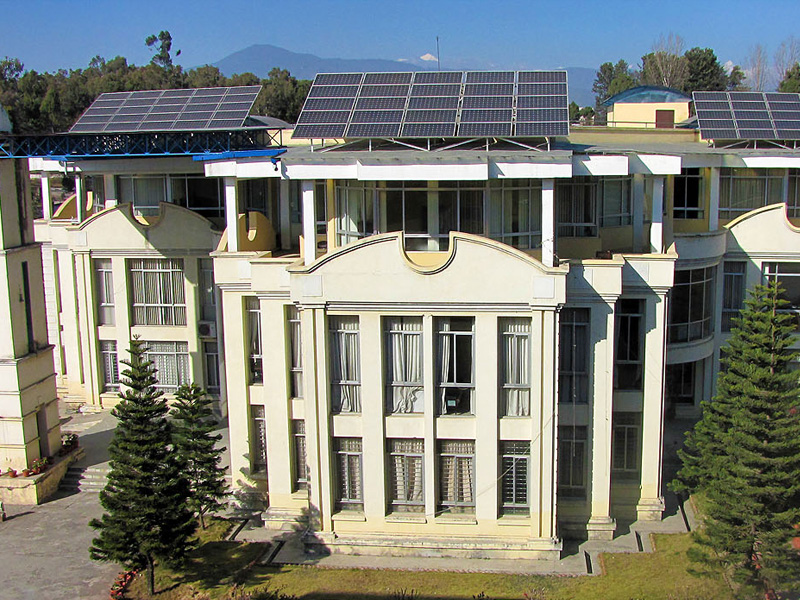Tuesday 23rd April 2024

There is a rapid shift in preferences for career choices among Nepali students in the recent years, shows Nepal’s University Grants Commission (UGC) report.
Because of the boom in banking and other related sectors, majority of Nepali students are shifting their focus towards management courses away from regular educational courses.
According to Nepal UGC, management courses comprise of around 1.5 lakh applications out of the total 3.6 lakh enrolments at the university level in the country.
Master’s in Business Studies and MBA are among the top career preferences at the master’s level, currently.
Although renowned varsities like Tribhuvan University had courses like M.Com since 1960s, MBA degree courses that came later somewhere in around 1993 are gaining more attention.
Kathmandu University introduced MBA degree course in 1993, following which, demand for the course increased pushing many other colleges to introduce in their curriculum.
And, many investors have been keen about offering such courses in affiliation with foreign universities, along with local universities.
While there are around 37 colleges in total offering the MBA degree, 16 stand affiliated to foreign universities in USA, UK, India and Malaysia.
Human Resource, A Serious Concern
College managers argue that the increasing inclination among students towards MBA degree is encouraging, but proper availability of human resource is compulsory to ensure quality education.
According to them, colleges should be granted licenses based on their human resource availability.
“One should be very clear, along with knowledge a MBA student must have problem-solving skill once s/he graduates. I regret to say not all colleges fulfil this standard,” says Tribhuvan University Management Dean Dilli Ram Sharma.
Sharma, based on his inspection, says that many colleges lack full-time faculty making it difficult for after-class consultation. “This does not mean there aren’t excellent colleges here. Many colleges are truly doing well,” adds Sharma.
Another major issue is the enrolment of fresher/inexperienced students for the course and lack of internship programs for students.
Meanwhile, South Asian Institute of Management Principal Ashok Raj Pandey feels that the entire education system in Nepal is currently examination-focused.
While MBA students pursue hundreds of cases during their course in universities like Harvard, MBA students in Nepal complete their course without studying at least some dozen courses, resulting in degree lacking required skill-set.
Lack of Academia-Industry Collaboration
This is another serious problem in Nepali education structure.
College managements report that the academia has failed to establish proper linking with the country’s leading industry bodies such as Federation of Nepali Chambers of Commerce and Industry (FNCCI), Confederation of Nepali Industries (CNI) and Nepal Chamber of Commerce (NCC), among others.
“The production of graduates should be based on the need of the market, but we have failed to internalize this crucial fact,” admits Pankaj Jalan, Chairman of Lord Buddha Education Foundation.
So, the government has to approve academic institutions based on their human resource requirements.
Following recommendations from various institutions, the Ministry of Education has already formed a panel in coordination with the National Planning Commission (NPC) to fill human resource gaps in various sectors, Jalan informed.
The panel is currently studying various aspects of the matter and is expected to come up with the number of human resource requirements that the country needs in different fields over the next 25 years.
Factors to be analyzed part of the study include current situation of human resources, number of graduates in different sectors and employment prospects, among others.
Hope the study will fill the gaps in the country’s education sector and pave ways for quality education and sufficient opportunities.